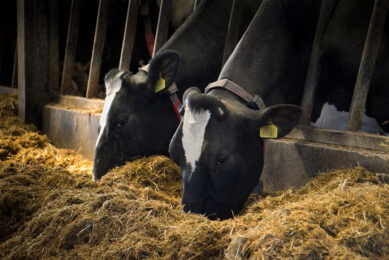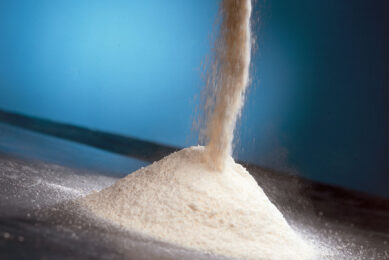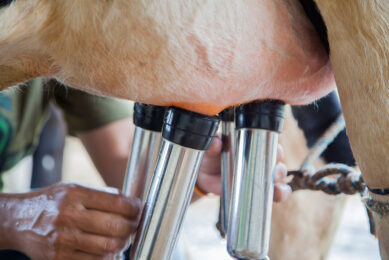Do we want antibiotics in feed?
If we look at the world from a medicated feed perspective then two blocks stand out: the European Union and the United States of America. In the EU the use of antibiotics for growth promoting reasons is already banned since January 2006. And now there is also a call for withdrawal of therapeutic use of drugs in animal feeds.
The Dutch organisation for the animal feed industry (Nevedi), for example, would like to stop the use of therapeutic antibiotics in feed as soon as possible, in cooperation with livestock producers and veterinarians. The idea behind this is that Nevedi hopes to contribute in finding a solution to the problem of antibiotic resistance in both humans and animals.
Next to that, the manufacturing of medicated feeds is a burden to the feed millers, because of chances of cross contamination. Current detection methods can trace the tiniest particle in feeds and in animal products.
Different approach
How different is the approach in the US, where just this week the Food and Drug Administration approved florfenicol for use in a so-called ‘Type B Medicated Feed’ for swine. It already had its Type A Medicated Feed approval, meaning it may be mixed in licensed feed mills.
The Type B qualification means it now can be used as a premix in all feed mills, including those found on-farm. This might provide ground for a situation of over-use, since the product is considered to be effective to many respiratory diseases in pigs. “Now, producers can control swine respiratory disease with an easy-to-use formulation,” the manufacturer of the drug states.
I am not questioning the effectiveness of the drug – this A, B, and C typing is applicable to all drugs used in medicated feeds – but more the relative ease with which the drug can be administered. Not to forget that also pigs that are not sick will get the drug in their feed without factual needing it.
Trade issues
These different approaches to antibiotic use also create trade barriers. "We do not have the access to the EU that we could and [antibiotic use] I think is at least one of the issues that is keeping our exports to the EU down," said a spokesman for the US National Pork Producers Council.
Minimizing antibiotics could protect public health (fewer antibiotic resistant bugs) while helping better position US producers in the global marketplace. In Europe animal production is changing towards better management and fewer antibiotics.
I am afraid that if producers in the US shut their eyes for these developments they might go the same way as the US auto industry.
Curious to hear other opinions.
Join 26,000+ subscribers
Subscribe to our newsletter to stay updated about all the need-to-know content in the feed sector, three times a week. Beheer
Beheer









 WP Admin
WP Admin  Bewerk bericht
Bewerk bericht